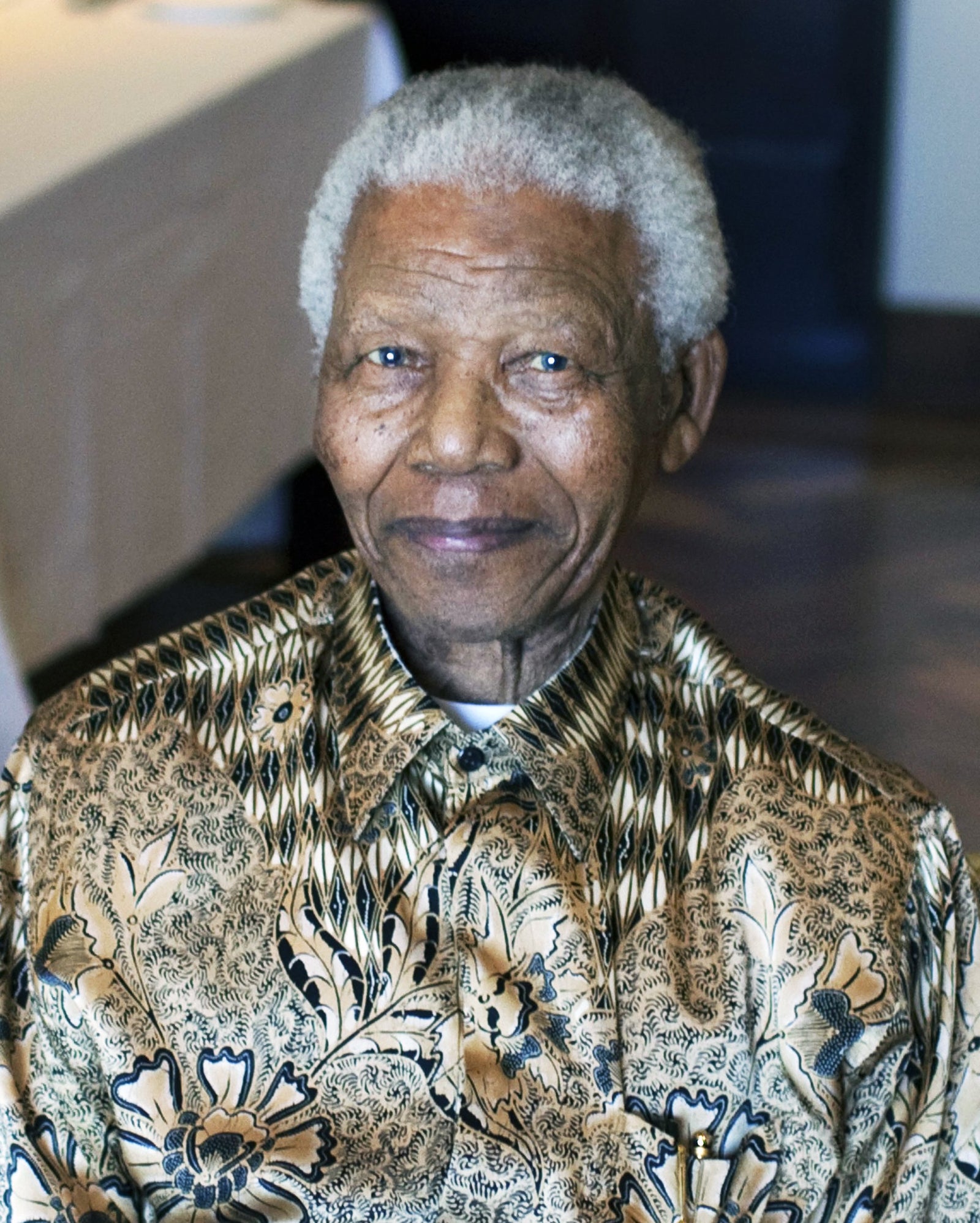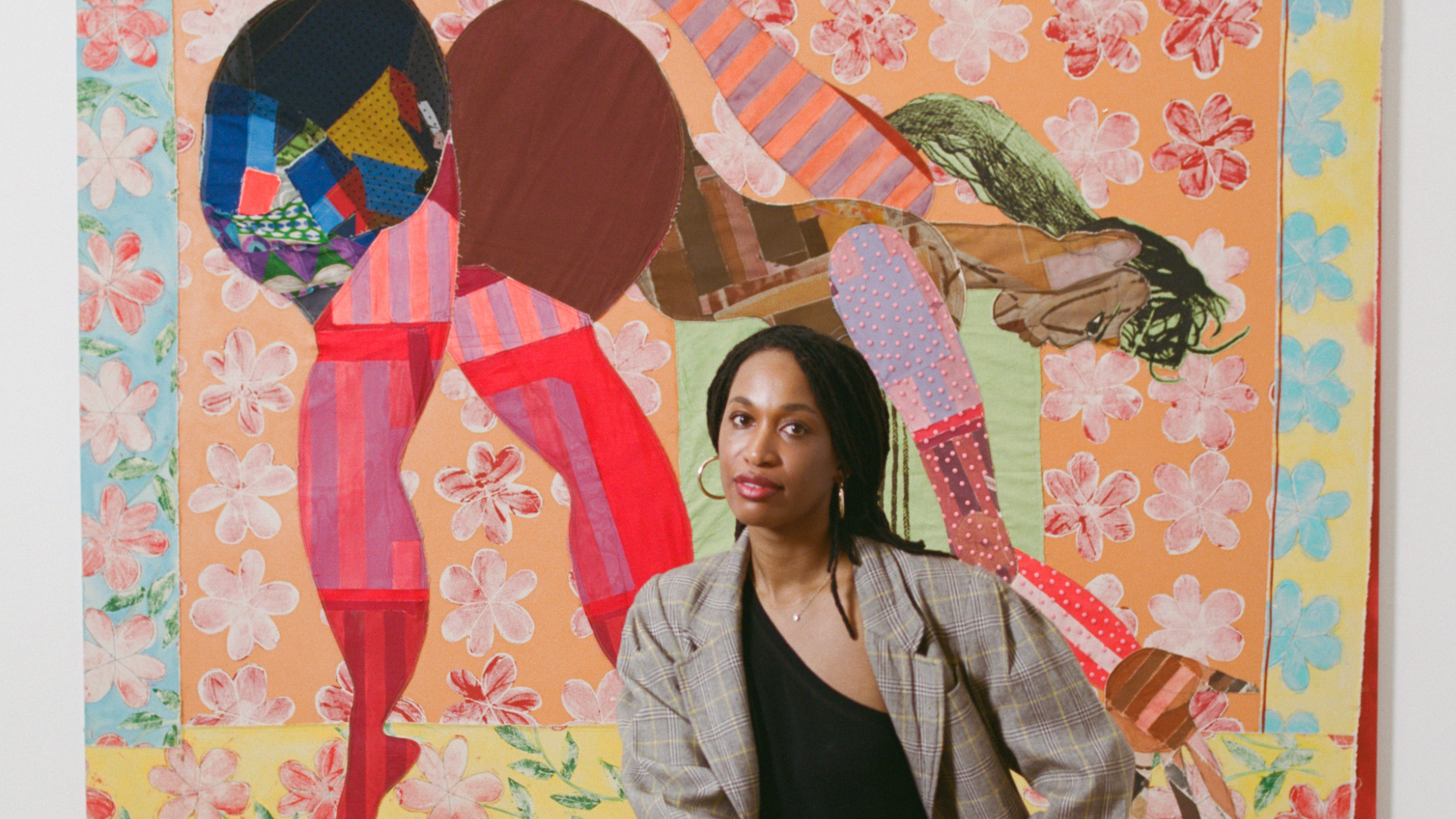
“During my lifetime I have dedicated myself to this struggle of the African people. I have fought against White domination, and I have fought against Black domination. I have cherished the ideal of a democratic and free society in which all persons live together in harmony and with equal opportunities. It is an ideal which I hope to live for and to achieve. But if needs be, it is an ideal for which I am prepared to die.”
– Nelson Mandela, “Speech from the Dock” (April 20, 1964)
Freedom and equality. Those were his ultimate goals — for himself and for his people. Twenty-seven years behind bars was an enormous price to pay, yet he served his time with an unwavering sense of dignity and later, made history when he was elected as South Africa’s first Black president.
When Nelson Mandela was released from Victor Verster Prison on Sunday, February 11, 1990, he was 71 years old. The entire world tuned in. We were in awe of his sacrifice and also, relieved to see him walk down the road, so tall and strong and free — finally. It was an emotional moment, for sure, one for which we’d been waiting, even as we wondered if it was truly meant to be. All the while, he remained steadfast, refusing to compromise his position in the ongoing fight against apartheid.
He was born on the 18th day of July 1918 in Transkei, South Africa. His father named him Rolihlahla Mandela, but when he was a missionary school student, his teacher followed the custom of bestowing African children with English names and decided on “Nelson.” His interest in civil rights activism was sparked early and by the time he reached the University of Fort Hare, young Nelson had truly found his calling. In fact, he was even expelled from college for his involvement in a student protest. What followed was more activism and a continued pursuit of education, including a bachelor’s degree from the University of South Africa and law studies at the University of Witwatersrand. Then in 1944, he joined the African National Congress and established the organization’s youth league alongside his colleague Oliver Tambo. The ANC would be banned six years later. He’d once been acquitted of treason, but after standing trial for plotting to overthrow the government, Mandela was sentenced to life in prison. Along the way, he battled illness, endured prison transfers and lost his mother and eldest son, whose funerals he was not permitted to attend. And while he did utilize his time for good by penning an autobiography and earning his law degree, it would be his then-wife, Winnie, who kept the fight for freedom alive, in his name, beyond the prison walls. Thankfully, his life would not be defined by his prison sentence.
In March 1990, just a month following his release, Nelson Mandela was elected Deputy President of the ANC (which was unbanned in February 1990) and in 1993, was awarded the Nobel Peace Prize alongside President F.W. de Klerk. On April 27, 1994 — at age 75 — he cast his first vote, ever, and a month later, was inaugurated as South Africa’s first democratically elected President. His election was a milestone. It still is. He served one, five-year term, during which time he made it his mission to improve race relations and strived to create a “rainbow nation at peace with itself and the world.” Today, there is more social work to be done in South Africa, but it goes without saying that Mandela’s dedication to the cause set the movement in motion.
His was a full-circle journey. He was his parent’s son and a husband, father, grandfather and great-grandfather. He was also a proud son of Africa who, over the span of nearly a century, would become the father of his homeland and a symbol of freedom around the globe. Though he would retreat from public life during his later years, he remained an omnipresent force. In 2009, the United Nations declared his birthday “Mandela Day,” which has since become an annual, international celebration of his tireless fight for civil rights.
It’s certainly difficult to imagine a world without Nelson Mandela, but the best way to honor his legacy is to never forget his commitment to humanity and to always be in tune with the plight of our brothers and sisters in Africa and beyond. That would make him most proud.





